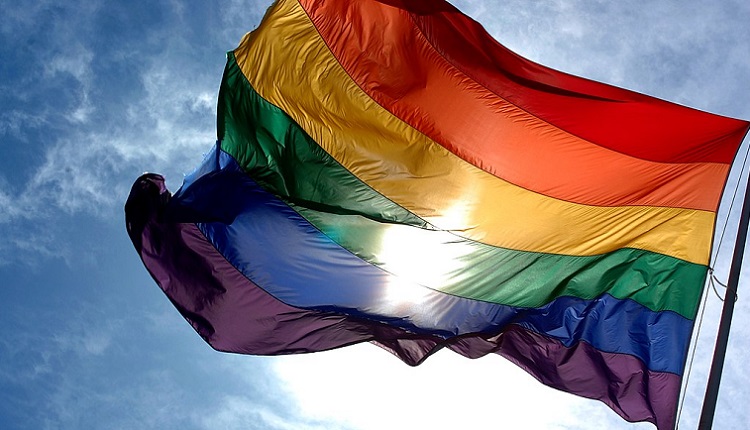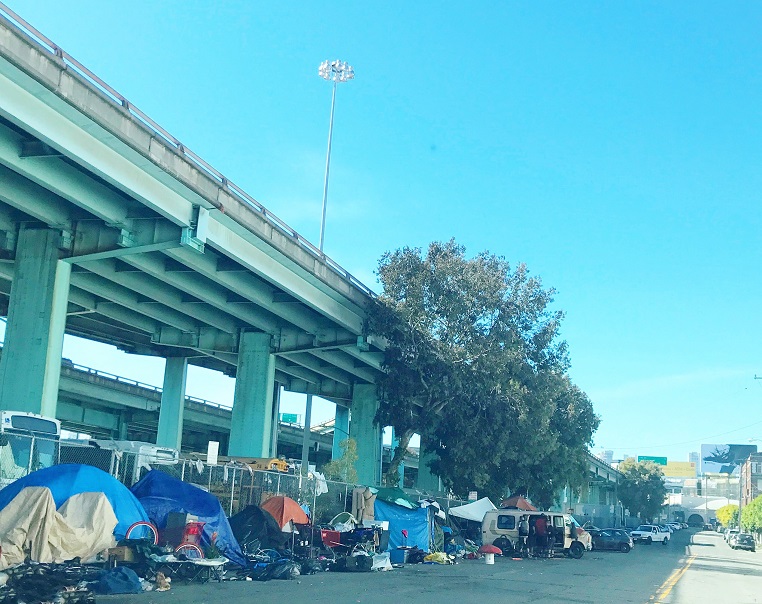How We Can Better Support LGBTQ Homeless Youth
Homelessness affects a wide variety of people in the United States, but perhaps no group is more at risk than LGBTQ youth. Many LGBTQ youth are left homeless due to discrimination and harassment from family members and have no other place to go besides the street, where they may or may not find a place safe enough to rest for a few hours.
Luckily, things like dedicated homeless shelters for LGBTQ youth can help ease the burden on those looking for a safe place to go. However, many shelters still aren’t inclusive and even bar LGBTQ people from entering. There are simply not enough beds for LGBTQ youth in shelters around the United States.
Clearly there is more work to be done to protect homeless LGBTQ youth. Members of the LGBTQ community as well as allies need to work to better support LGBTQ homeless youth in America by educating themselves about the problem, working to create more inclusive housing situations, and working directly with LGBTQ youth on a personal level.

LGBTQ Homeless Youth In the U.S.
Many youths in the United States are kicked out of their homes simply for being LGBTQ, leading to discrimination that feeds into violence and leaves this vulnerable population with nowhere safe to go after their families kick them out.
There are countless stories of LGBTQ youth living homeless and struggling to find a safe place to sleep at night, a consistent food supply, not to mention other essentials like healthcare, emotional support, and a path toward a better future. Supporting statistics show the same thing — that homelessness disproportionately affects LGBTQ youth over other groups.
According to the Human Rights Campaign:
“Estimates show that LGBTQ youth comprise up to 40 percent of the total unaccompanied homeless youth population, even though they make up five to 10 percent of the overall youth population.”
These numbers are staggering and drive home the fact that more needs to be done to support LGBTQ homeless youth. Homelessness is only the start of the problem because it is often linked to mental health problems that are long-lasting and far-reaching.

Homelessness & Health Problems
The effects of homelessness can seep into every area of life. Homelessness often leads to mental health issues, substance abuse, and social discrimination. Understanding how homelessness is linked to these issues is key in being an agent of change.
“About 31 percent of all homeless are youth age 14 to 24. Nearly two-thirds of them have a history of mental health problems including depression and anxiety. LGBT youth report high instances of bipolar disorder and post-traumatic stress disorder (PTSD) when compared to non-LGBT youth. Up to 73 percent of LGBT homeless youth report suicidal ideation, compared to 53 percent of their heterosexual peers. Many LGBT youth who suffer from mental health problems won’t seek help because they distrust the system and worry about being labeled and objectified.”
It’s clear that homelessness and mental health issues are inherently linked — especially for at-risk groups like LGBTQ youth. Because LGBTQ youth are over 100% more likely to experience homelessness than heterosexual youth, this group needs assistance and attention perhaps more than any other.

Supporting Homeless LGBTQ Youth
Above all else, homeless LGBTQ youth need access to safe, supportive, and accessible housing. One of the most helpful things that cities can do is to build homeless shelters specifically for LGBTQ youth. Homeless youth can go to these places and know that they will be safe, welcomed, and respected.
Members of the LGBTQ community and allies can also take steps to reduce risks to vulnerable populations like homeless LGBTQ youth by supporting politicians who prioritize fixing the problem of LGBTQ homelessness or volunteering directly with young LGBTQ people and giving them positive relationships and support.
There’s no denying that the problem of homelessness for LGBTQ youth in America is huge and in need of extensive amounts of support and attention. By understanding the unique challenges that this group faces, learning how homelessness can be linked to health problems and mental health issues, and working to support LGBTQ youth on a local level, we can better support LGBTQ homeless youth in the United States.
If you want to do more to support LGBTQ youth, consider supporting organizations like the Human Rights Campaign or The Trevor Project, which fight for equality for all people, regardless of their sexual orientation or gender identity.
